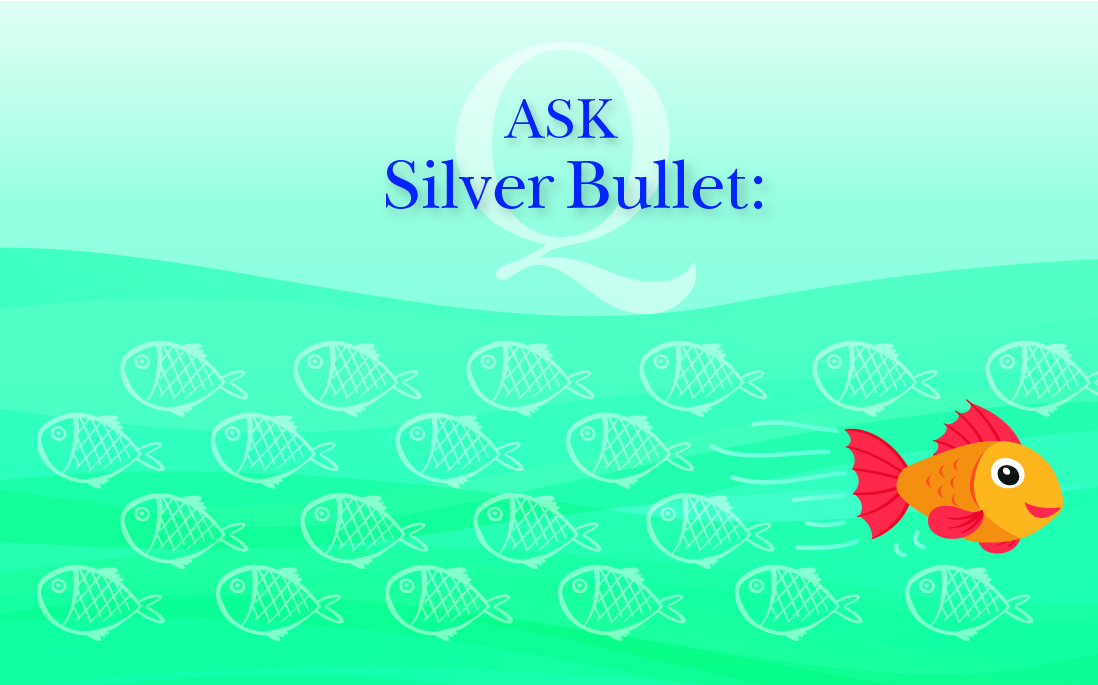01 May

What does a ‘Disruptive Brand & Disruptive Marketing’ actually mean and involve?
‘Disruptive’ is one of those phrases that the marketing industry loves as it can cover a multitude of sins and is currently right on trend.
Everyone knows what a disruptive child is – someone who disrupts the smooth running of a class, school or even a household – so it’s not a quantum leap to understand that disruptive marketing is simply a ‘catch-all’ expression that covers not only new and often innovative ways to market a product or service but also ways which can upset or disrupt the traditional route to market for these products and services, thereby ripping up the established rule book.
At the heart of this is the fact such bold strategies are usually undertaken by ‘disruptor’ companies that are committed to establishing a whole new market, often by new technology, by offering an improved product or service to new customers. The results can be dramatic, not only for the new company, but also for the established market which is forced to react to this new threat.
Two of the best global examples in recent times have been Uber and AirBNB.
Uber was founded in San Francisco in 2010 and has since spread to most cities throughout the world, often in the face of a furious rear-guard action by established taxi companies who see it as a very real threat to their livelihoods. Uber simplified the whole business of taxis by utilising new technology – it’s easy to use with no hailing, phoning or searching, it reduces any uncertainty of whether the taxi will arrive and it simplifies payment. The existing business model of traditional taxi companies has been forced to adapt to the new service or fold.
Airbnb, which also started in San Francisco, had humble beginnings in 2008 and was named after the air mattresses its three founders rented out on the floor of their apartment during a design conference, when most of the city's hotel rooms were sold out. There are now 2.2 million homes on the system with 90 million users in 34,000 cities. It offered a whole new concept, allowing visitors to live like locals in real homes, yet took many of the doubts of traditional B&B accommodation away. Interestingly, the reaction of the hospitality industry was actually to embrace the new visitors as they saw this as just the latest phase of an industry that had continually evolved from ‘digs’, or boarding houses as they were called in the USA, and luxury hotels for the rich, through the advent of mainstream chain hotels to the growth of specialised boutique hotels – each servicing a slightly different market but actually complimenting each other.
What now links these two global brands is their success – one is now the world’s largest public transport provider yet owns no vehicles, whilst the other is the world’s largest accommodation provider yet owns no properties – whether this was the model that the current (just) Secretary of State for Transport, Chris Grayling, was following when he awarded Seaborne Ferries their lucrative contract, is open to question…
But disruption and disruptive brands aren’t new – every time someone comes up with a new idea or innovation which earns the attention and respect of a market a ‘disruptive’ brand is born. The current disruptors like Brewdog, with its ‘punk’ approach to the UK brewing sector, Netflix with their innovative streaming service, Apple with the first iPod leading to the digital revolution in music, Amazon, Aldi and the host of other global brands are actually following in a rich tradition of innovation, stretching right back to the Industrial Revolution when new manufacturing technology changed human society. Fast forward to 1913 with Henry Ford designing the very first moving assembly line and the transportation industry was disrupted for ever.
So while we may think the latest disruptor brands are altering our way of life, we also have to realise that new brands selling new products and services in innovative ways are just around the corner and will probably have a similar effect.
Do you need some assistance with your marketing, PR or design? Do you need to review your strategy or do you want to know how we can help your business? Talk to us. Email your questions anonymously to us today hello@silverbulletmarketing.co.ukor Tweet us (not so anonymously) @SilverBulletPR.
